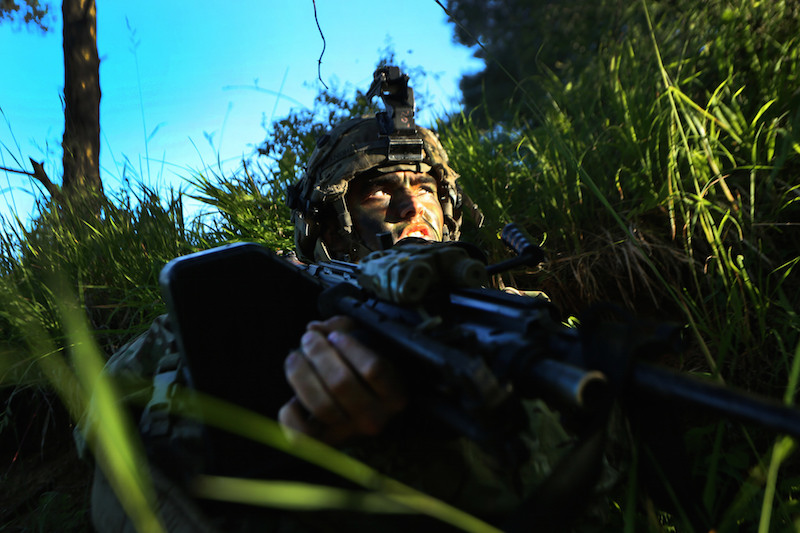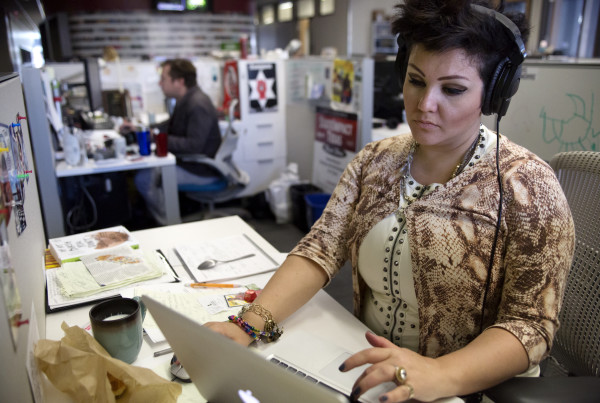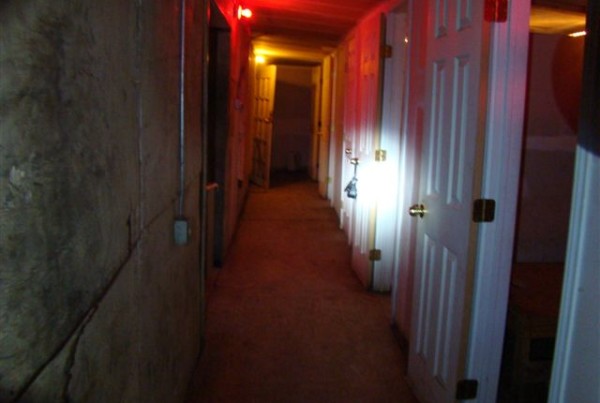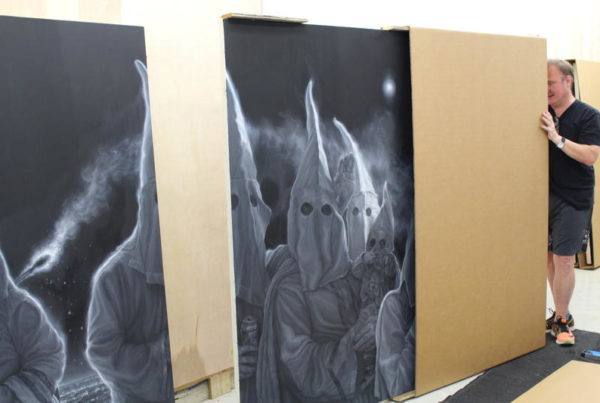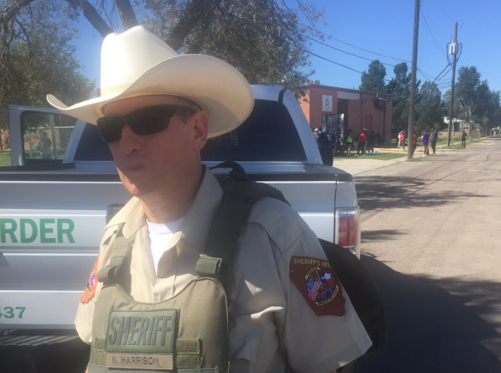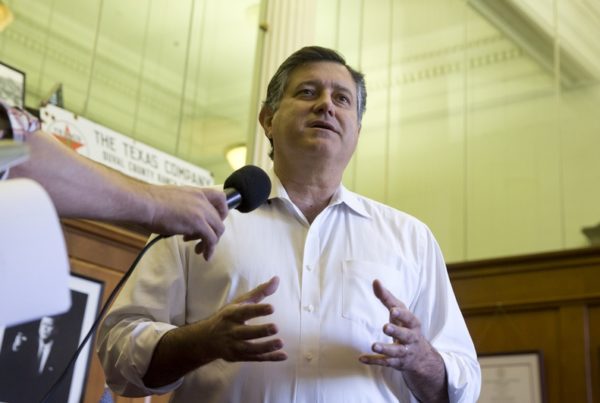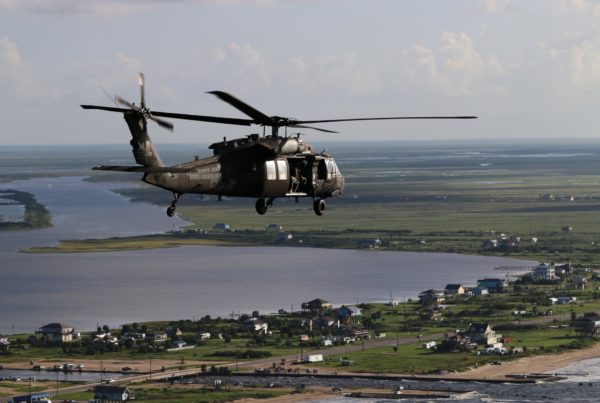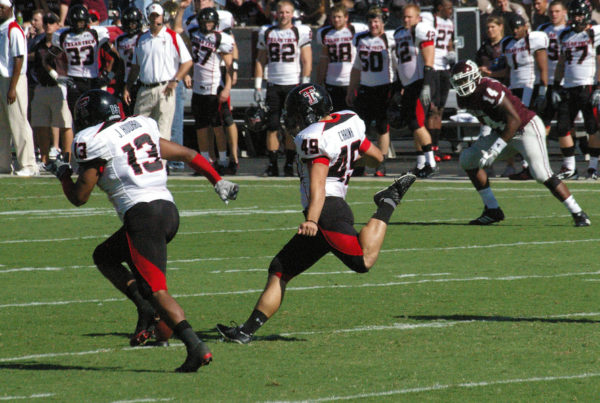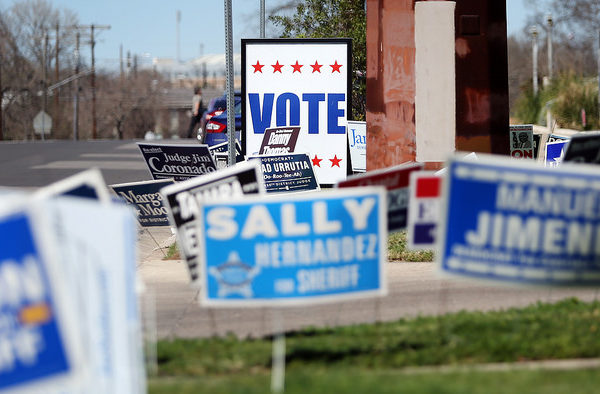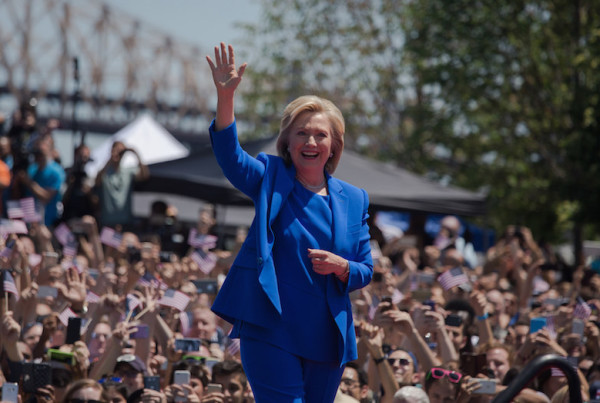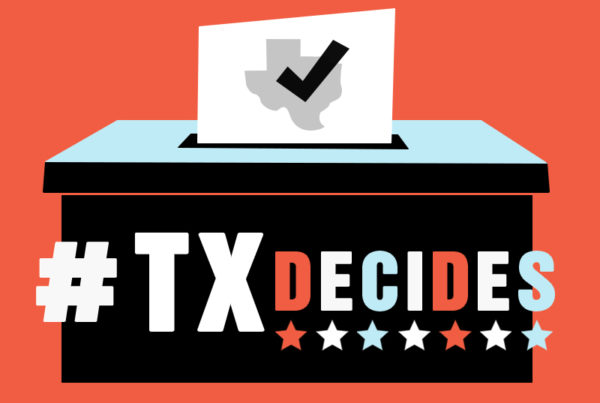In Rosa Brooks’ new book, “How Everything Became War and the Military Became Everything: Tales from the Pentagon,” she writes about how a post 9/11 U.S. military is embroiled in three, not two wars:
“If I were a member of Congress right now, I would be hopping mad.”
Since September 11, the United States has waged two very open wars in Afghanistan and Iraq, along with openly acknowledged airstrikes in Libya and Syria. But alongside these costly and visible wars, the United States has also been waging what amounts to a third, secret war waged mainly by drone strikes and special operations raids.”
This third, secret war is “deeply offensive to core principles of American democracy – in particular to any notion of constitutional checks and balances,” she writes.
Brooks told the Standard this plays into the U.S. military becoming a one-stop-shop for solving global problems. She says she realized war pervaded American society after 9/11, when the U.S. decided to fight against Al Qaeda and launched the war on terrorism:
“And not only the direct use of military force against Al Qaeda but a whole range of other activities – from training Iraqi parliamentarians, to helping Afghan women create micro-enterprise loan programs – suddenly got defined as part of fighting terror. Since that time we’ve steadily expanded the kinds of activities that we think of as part of war.”
On the parameters of military activity in a post-9/11 America:
“If there are no boundaries around your war, practically anyone could become a terrorist and practically anything could become a weapon … then there’s no limits on what the military should do.
“9/11 certainly was not the first time that we started expanding what we thought of as the military’s role, or expanding what we thought of as war. But I do think it really accelerated some previously below-the-surface trend lines quite dramatically.”
On whether the expansion of military roles is seen as negative:
“I don’t think it’s necessarily a bad thing to have U.S. military vaccinating cattle and building schools and building bridges. I do think that it’s a confusing thing for many individual military personnel when they’re trained to do one thing and then asked to do something completely different for which they have not been trained. I also think it can be confusing for the populations they work with, which start seeing [a] very militarized face of U.S. foreign policy.”
On the military’s expanded role having detrimental effects on civilian agencies of government:
“You start into a vicious circle where the more we ask the military to do, the higher the military budgets need to be. The higher the military budgets, the more we need to freeze or cut the budgets of civilian agencies. The more we freeze or cut their budgets, the less they’re able to do [and] the more we turn to the military to do it.”
Post by Beth Cortez-Neavel.


